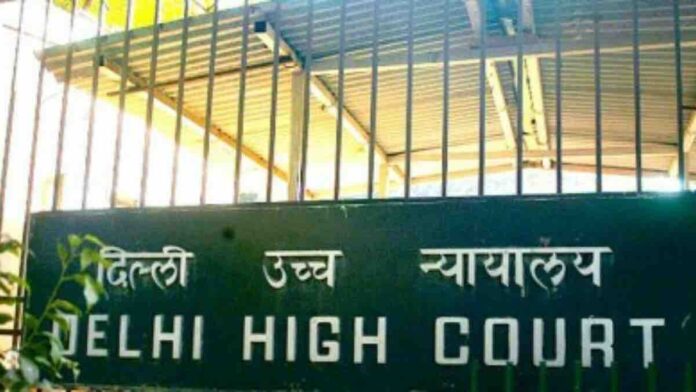The Narcotics Control Bureau (NCB) has approached the Delhi High Court seeking a stay on a trial court order that directed the agency to preserve and disclose the Cell Location ID charts and mobile data of its investigating officers (IOs) in an ongoing drug trafficking case.
Justice Ravinder Dudeja, who heard the matter on Tuesday, has sought a response from the accused, Naveen Fogat, on whose application the trial court had issued the directive. The matter is now posted for further consideration on October 9.
The case stems from a July 2023 pan-India probe in which LSD (lysergic acid diethylamide) parcels were seized from a courier facility. Fogat, allegedly involved in shipping LSD and drug trafficking, is facing trial under the Narcotic Drugs and Psychotropic Substances (NDPS) Act.
Represented by advocate Aditya Giri, Fogat has alleged custodial irregularities by NCB officers Chetan Sharma and Amit Kumar Tiwary before his formal arrest. He filed an application under Section 94 of the Bharatiya Nagarik Suraksha Sanhita seeking the officers’ location data to substantiate these claims.
In May 2025, after charges were framed in the trial court, Fogat sought the preservation and production of call detail records and tower location charts — not just for himself and his relatives but also for the IOs. Fogat argued that the data was necessary to prove his claims of illegal detention and irregularities in the investigation process, including the recording of his disclosure statement.
On July 4, the special NDPS court allowed the request, observing that there were “prima facie doubts upon the investigating agency’s conduct regarding the arrest and surrounding circumstances.” It directed the NCB to provide the requested details, with a safeguard: the personal or official numbers of the IOs were to be redacted, and the records were to be filed in a sealed cover.
However, the NCB has now challenged the order, arguing that such disclosure “poses a serious threat to operational confidentiality, national security and ongoing investigation.” The agency stated that revealing the IOs’ Cell Location charts would compromise surveillance patterns, undercover beat routes, and static positions, thus endangering narcotics operations and the lives of secret informers.
The NCB’s petition invokes Article 21 of the Constitution, asserting that the right to life and personal liberty includes privacy interests in personal and operational data, even for government officers. The agency further contends that disclosure of this nature could expose confidential meeting points with informers and breach their expectation of confidentiality, placing them at risk.
The Delhi High Court will next take up the matter on October 9, when Fogat is expected to file his response. The outcome is likely to shape the balance between the rights of the accused to fair defence and the operational secrecy of investigating agencies in sensitive narcotics cases.




